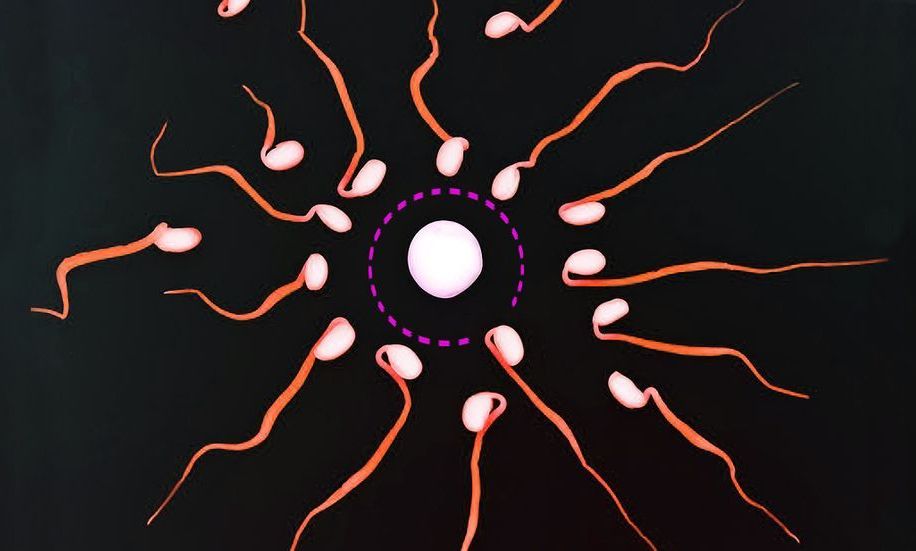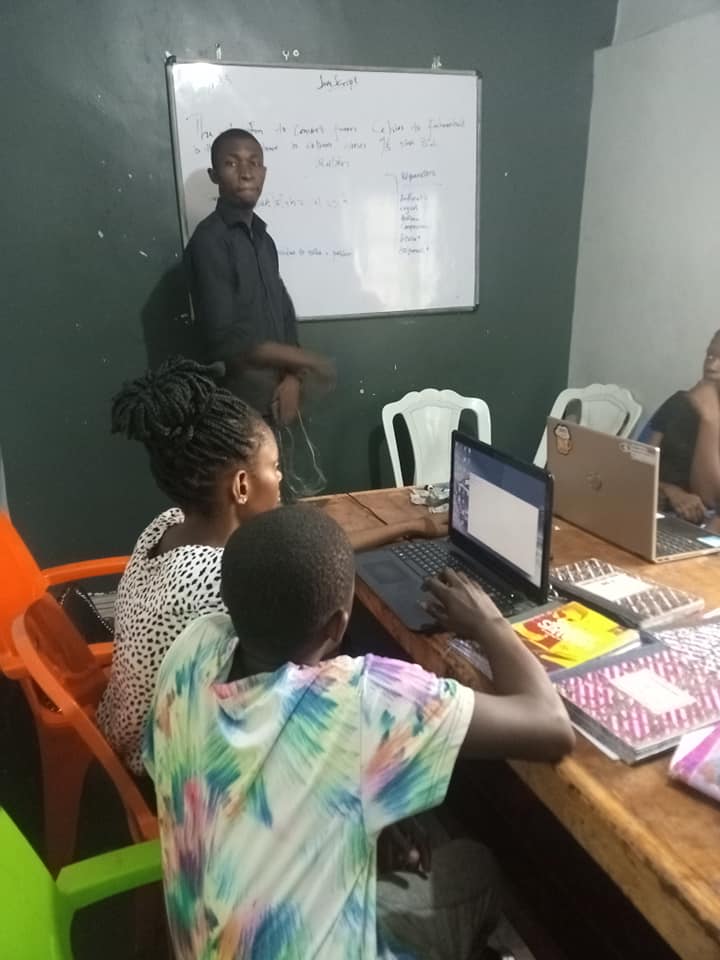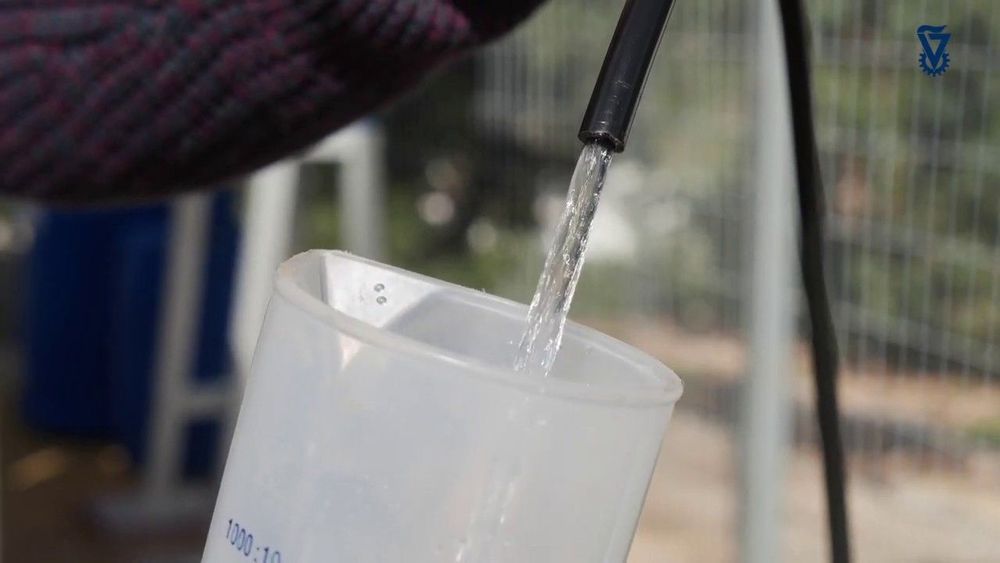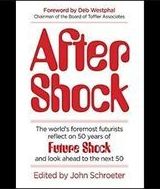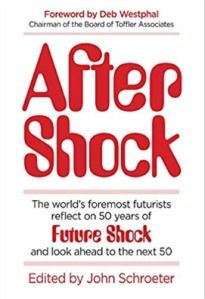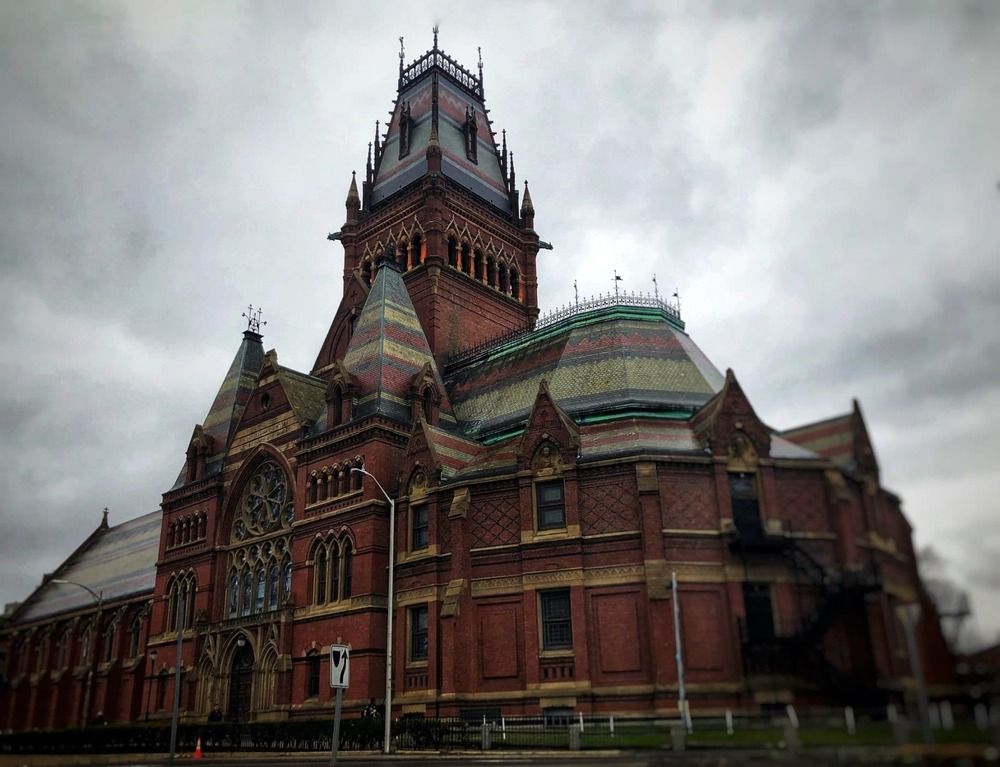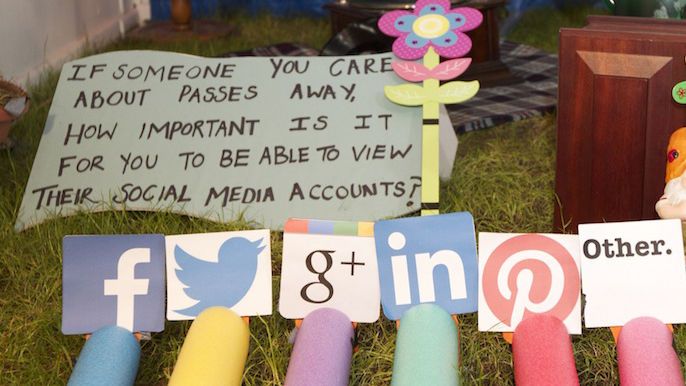But people’s “digital afterlives” extend far beyond Facebook. When a 21st century citizen dies, they often leave behind a trove of posts, private messages, and personal information on everything from Twitter to online bank records. Who owns this data, and whose responsibility is it to protect the privacy of the deceased? Faheem Hussain, a social scientist at Arizona State University in Tempe, has spent the past few years peering into the murky waters of how people, platforms, and governments manage the digital lives we leave behind.
Hussain gave a presentation on our digital legacies today at the annual meeting of the American Association for the Advancement of Science (AAAS), which publishes Science. We caught up with Hussain to talk about why online platforms should encourage people to plan ahead for their imminent deaths, whether you have a right to privacy after you die, and the strange new culture of digital mourning.

